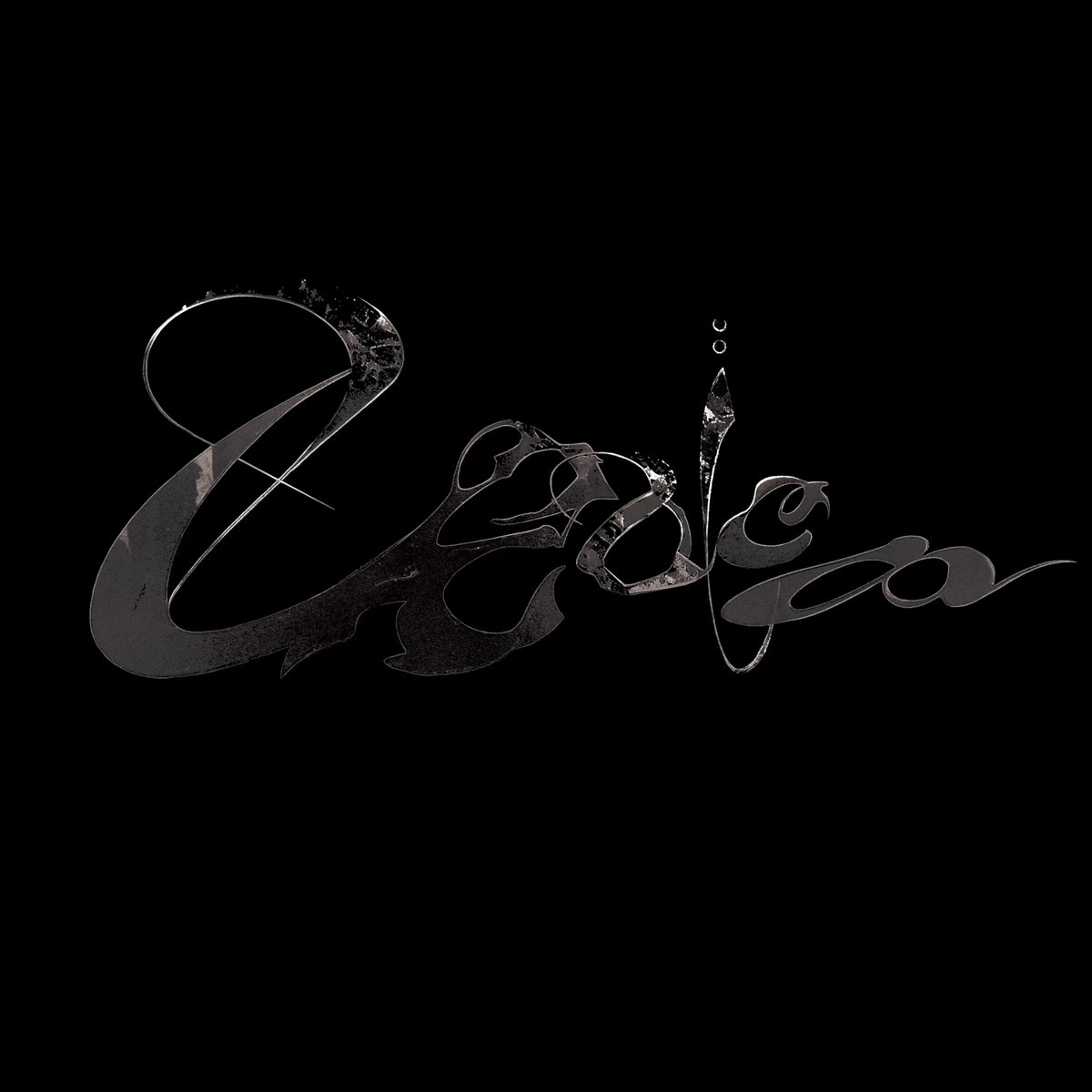Chino Amobi’s Eroica is an epic collage masterpiece
The experimental producer’s new 26-track album is a work of rare beauty and raw heart.

Discover Blogly is The FADER’s curated roundup of our favorite new music discoveries.
Writing for The FADER in 2014, Adam Harper explored an exciting movement in underground music dubbed “epic collage,” wherein the artist formerly known as Elysia Crampton, Total Freedom, and Chino Amobi (as Diamond Hearted Black Boy) challenged prevailing stunted notions of cacophony. “The framework is avant-garde sample collage,” Harper wrote, “but their work tells stories about 21st-century experience.” If only we’d listened. Ten years ago, epic collage releases like the 2012 compilation Blasting Voice felt like a Molotov cocktail defiantly tossed at an ember, a response to a world where silence and privacy were becoming rarer and rarer. But unlike the outside world’s encroaching noise, epic collage had a soul; it was a protest, but it didn’t use the master’s tools.
Chino Amobi’s Eroica, his new epic collage album released last month, began as an “epic globalist thriller” novel published in 2020. The book constructs a fictionalized version of Amobi, beginning with a police report describing his murder — death by castration. This allusion to the racialized violence that was fed on the breadbasket of the Confederacy, its former capital a two-hour drive from Amobi’s childhood home in Richmond, Virginia, is the kind that permeates Amobi’s music. Paradiso, his acclaimed 2017 project released via his own (now defunct) label, NON Worldwide, was billed in a press release as “a musical epic set in a distorted Americana;” the cover depicts an identity card for the fictional country, with Amobi photographed in a stance something between prisoner, visitor, and citizen.
“In a lot of ways,” Amobi said in 2017, “black music has existed in terms of resistance to a sort of hegemonic definition of what it is and what its function is. Those are things I think about when I’m working on my music. How does this resist or run counter to the conversation around what black music is?”
The resistance of Eroica’s music component is aided by a number of different iterations that allow us to hear it deeper: an art exhibit in Zurich with its glamorous militarism; the slickness of the Eroica clothing line’s streetwear designs; a haunted short film directed by Nathan De Paz Habib exploring Chino Amobi's personal myth. Thanks to this surrounding lore, the Eroica album is elevated into the grandest iteration yet of his epic collage ethos.
All of Amobi’s music is personal, but in Eroica he delivers something resembling a self-portrait, or more accurately a self-dissemination. Opening track “Aztlan” begins with Ennio Morricone guitar, “New Slaves” drums, and an assortment of chanting sourced from around the world. Amobi’s preoccupation with the cinematic is on full display until the music melts away and Amobi appears as an echo over the track. His words appear entirely improvised — “I am the one whom they call life, and you call death, it’s gotta be strife,” he says at one point, sounding like the burning bush lost its train of thought while addressing Moses — helping to tie together the music’s more sketched-out elements with its painstaking composition.
Though spiritual references pop up frequently in Amobi’s lyrics, they often veer into gibberish and non sequiters; Eroica encourages us to search more deeply for narrative within its sonic connections. And does Amobi ever make it easy for us: the scope of Eroica’s juxtapositions is so vast, I’m certain that most music lovers will find at least one moment that will be one of the most beautiful they’ve heard all year. For me, that includes Amobi’s keen sampling of a wailing singer on “In the city of the wicked…,” clipped to sound like she’s singing his name, hovering over a saxophone; how “Politics Won’t Save Us (Mammon)” veers into demonic screw; and the ghostly voices behind the Krzysztof Penderecki-level nightmare of “Eroica II.”
In late 2023, Amobi’s former collaborator Chuquimamani-Condori (née Elysia Crampton) released DJ E, an unexpected album that would be one of the year’s definitive projects. There’s a delightful kismet in how Amobi has followed suit in 2024 with Eroica, an album of omniscient breadth and deep heart. If their epic collage was the sound of the future in 2014, it’s now unequivocally the sound of now, more essential — better sounding — than ever before.